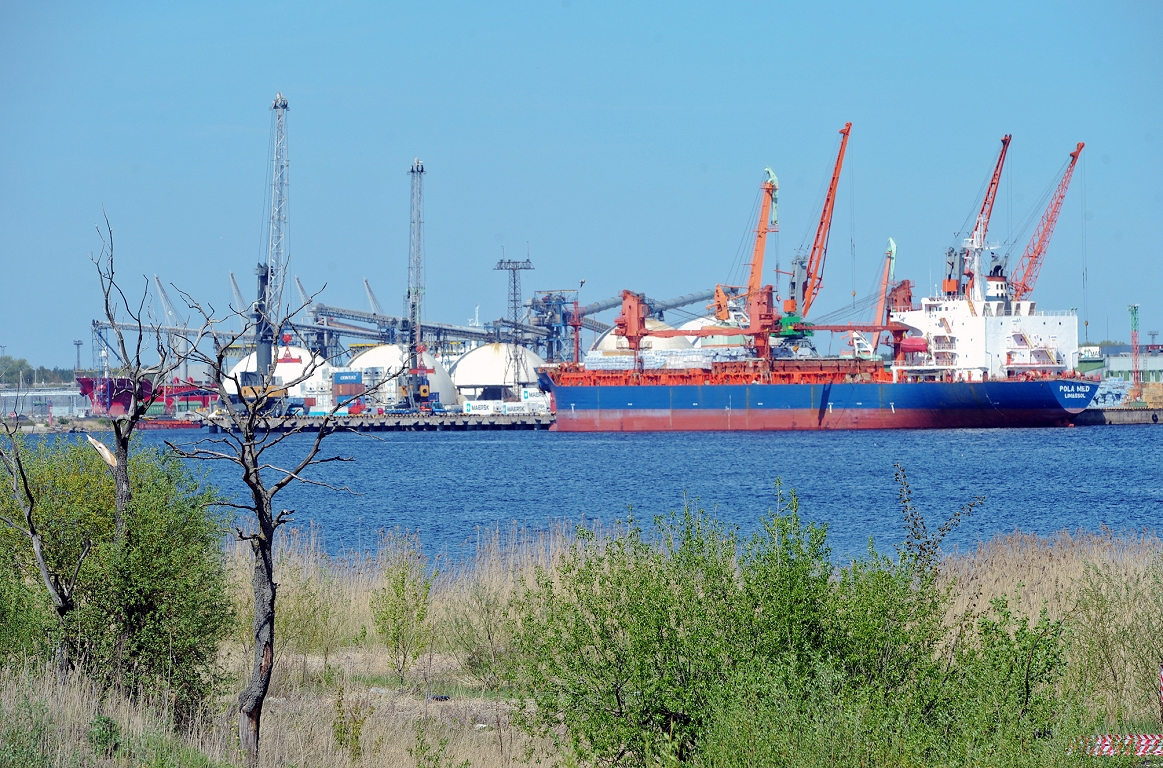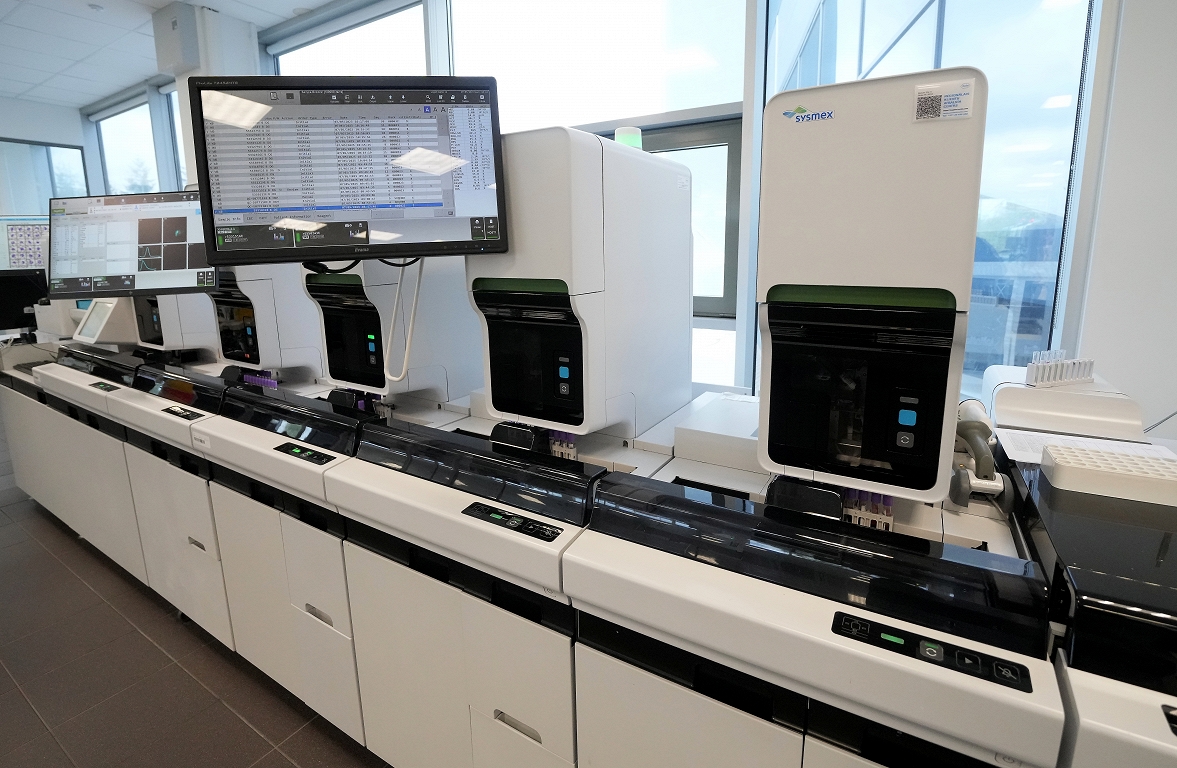Port management reform is expected to be extended mainly to Riga and Ventspils ports / day

The MoU points out that after long discussions with industry experts and other partners involved as a compromise solution is to extend port management reform to the ports of Riga and Ventspils.
In turn, the administration of Liepaja Special Economic Zone (Liepaja SEZ) would only affect this reform after December 31, 2035.
Changing Riga and Ventspils Port Management Model, while maintaining the independence of Liepaja SEZ, allows you to adapt to the needs of each port. This step will promote more accurate and efficient use of resources, ensuring that both Riga and Ventspils port management will be coordinated and transparent, with the aim of promoting long -term development of ports and international competitiveness.
The reform envisages preserving the Riga, Ventspils and Liepaja Port Authorities as derivative public persons, reducing the political impact and separating the supervisory functions from the operational management functions in the port authorities.
It is also planned to change the boundaries of port areas by separating the port operational operation of the territory from the special economic zone territory, stipulating that the management of these areas will be implemented in a uniformity, maintaining management tasks in the port councils and the manager’s competence.
At the same time, it is planned to change the management model of small ports by facilitating and optimizing it, reducing the number of board members, providing the possibility of reducing costs and enabling the municipalities to determine the regulations of the relevant port authorities themselves.
The MoU mentions port depolitization, professional management, municipal involvement in decision -making, property separation and possibility for owners to develop industrial objects at ports.
It is planned that four members of the Riga and Ventspils Port Council – two representatives from the state – one of the SM and EM, as well as two representatives from the relevant municipality. The Council will be responsible for making the most important strategic and financial decisions, including port fees and pricing policies and approval, annual financial plan, port development strategy and real estate alienation issues in the port area.
At the same time, it is planned that a more targeted and efficient decision to make decisions in the Port Authority will be established by the Cooperation Council, which would work on the most important port operating partners, including stevedoring companies, regular line operators and other strategic partners of the port operators.
Similarly, the reform of port management resources intends to consolidate several port activities, functions and services, regardless of specific terminals or companies operating in the port. These activities may include, for example, pilot cutters, tugboats, hydrographic vessels and other craft, navigation technical means, hydrographic services, emergency elimination measures and other ports necessary for ports.
The purpose of separating the boundaries provided for in the reform is to create a clear division between the areas necessary for the basic functions of the port and to the areas that can be developed for commercial purposes. According to the ministry, such a compartment will help ports respond more flexible to market requirements, attract long -term investments and promote sustainable development.
At the same time, the small port management structure is also reviewed in the context of port management reform to make it more efficient and functional. During the reform, it is planned to reduce the number of small port board members from the previous ten to a maximum of five members, thus saving funds, ensuring a balanced representation and constructive decision -making. The amount of the claim for members of the Board should also be reduced for cost reduction purposes, but this should be addressed in sequence of changes in the Port Act by amendments to the Cabinet of Ministers regulations.
LETA has already reported that the MoU was directing the relevant information report at the end of July last year, withdrawing the initial ideas of port management reform, which provided for the transformation of the Freeport of Riga and Ventspils into companies.
However, the informative report received a number of objections from the EM and the parties involved in connection with the management issues, therefore the informative report was not agreed for a long time and discussions were held.
In February 2022, the Saeima adopted amendments to the Port Act in its final reading, which provided for the transformation of the ports of Riga and Ventspils into capital companies. At the beginning of 2023, the Saeima supported amendments to the Port Law, which provided for the extension of the deadline for the liquidation of Riga and Ventspils Free Port Authorities until 31 December 2023.
However, in January 2024, the Saeima adopted amendments to the Port Act in its final reading, which would allow to encourage the revision of port reform.







